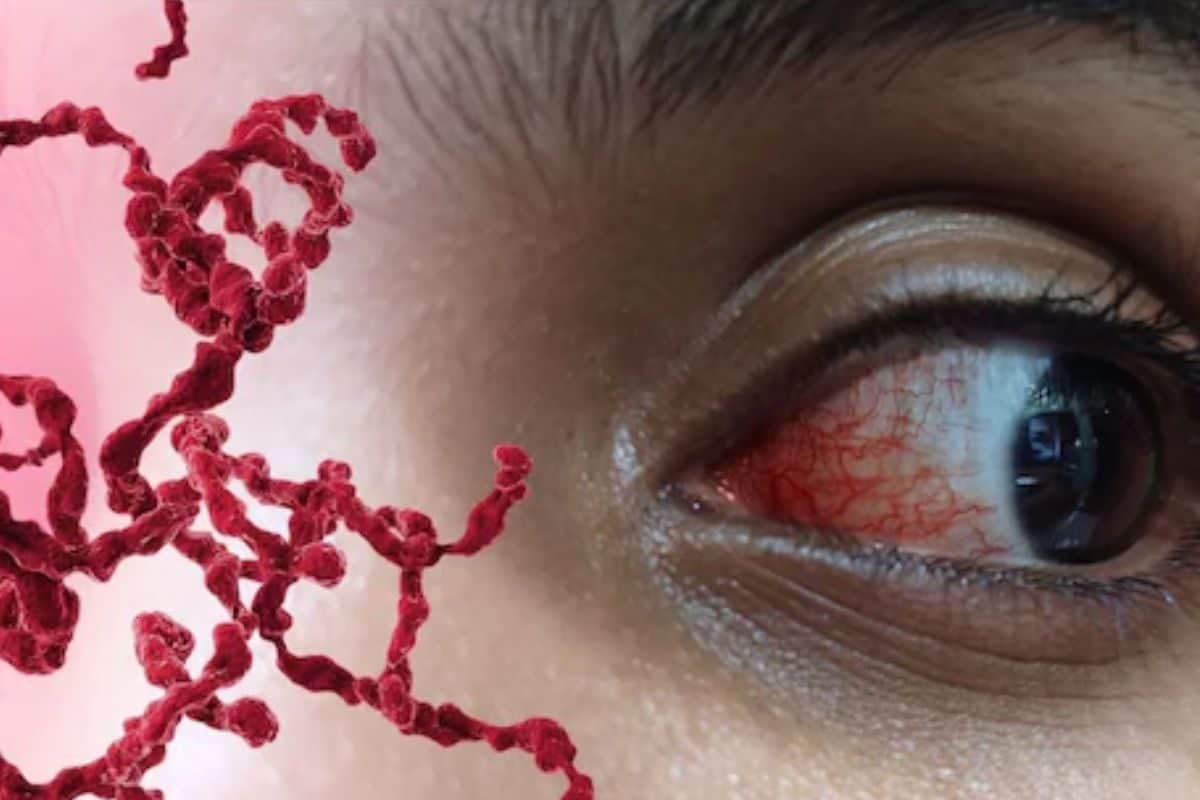
SUMMER CONJUNCTIVITIS: TYPES, CAUSES, SYMPTOMS AND TREATMENT
As the summer season arrives, conjunctivitis is a common problem faced by people. Conjunctivitis is also commonly referred to as pink eye. This problem mainly causes eye redness, eye irritation, and eye pain. To avoid conjunctivitis this summer, look at its causes, symptoms, and treatment.
Many factors, including viruses, bacteria, allergies and irritants can trigger summer conjunctivitis. This factor increases the incidence of conjunctivitis. Outdoor activities, in particular, increase the risk of spreading viruses and conjunctivitis. Apart from this, exposure to allergens such as pollen and mould, which grow well in hot environments during the summer, is the reason behind the cause of summer conjunctivitis.
Outdoor activities, including close contact with others, increase the risk of spreading this viral and bacterial eye infection, especially in swimming pools and crowded beaches where this eye infection spreads easily.
Conjunctivitis symptoms include the following:
1. Redness of one or both eyes
2. Itching and irritation of the eyes
3. Stinging sensation in eyes
4. Dirt-like material that comes out of the eyes at night, which can make it difficult to wake up in the morning.
5. Excessive watery discharge from the eyes
Types of Conjunctivitis:
1. Viral conjunctivitis:
It is the most common type and is usually self-limiting. This conjunctivitis resolves on its own within a few days to two weeks without extensive medical treatment. Applying cold water to the eyes several times a day can help reduce eye discomfort.
2. Bacterial conjunctivitis:
Conjunctivitis is caused by bacteria. To recover from this, eye specialists mostly prescribe antibiotic eye drops or ointments.
3. Allergic conjunctivitis:
This type of conjunctivitis is caused by pollen and other allergens. Unlike the infectious forms, this type of conjunctivitis can be treated with anti-allergy medications such as antihistamine eye drops.
Prevention:
1. Avoid touching or rubbing your eyes.
2. Wash hands thoroughly often.
3. Change pillowcases and towels regularly, and do not share these items with others.
4. Don’t forget to wear swimming goggles when going to swimming pools and getting into the water, and avoid getting into the water and swimming if you have an infection.
2024-05-07T12:53:23Z dg43tfdfdgfd